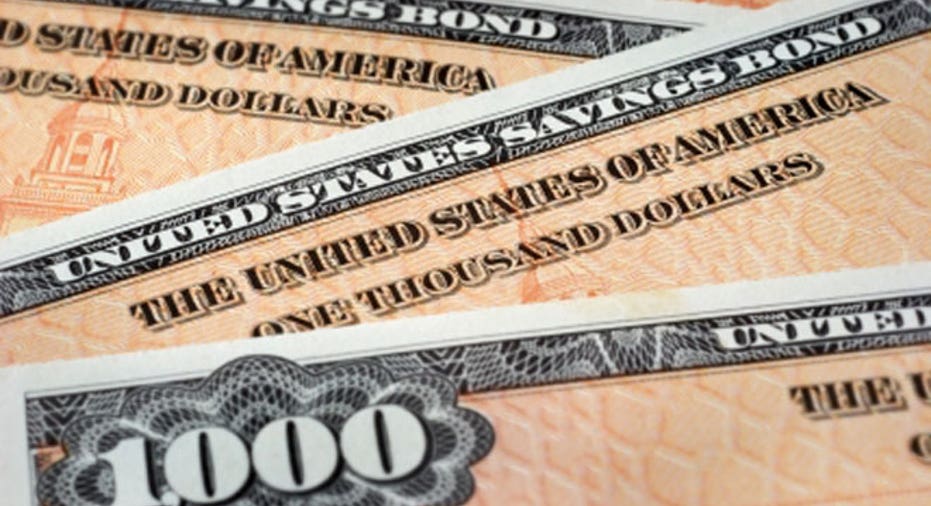Should You Wait to Cash in Your Savings Bonds?

Dear Dr. Don, I have 65 savings bonds, none of which have matured and all are Series EE bonds. They were purchased between 2002 and 2006. Should I cash them in now and invest them in a money market account? Will I be taxed if I redeem the savings bonds? -- Lille Liquidate
Dear Lille, Your savings bonds purchased between 2002 and 2006 will earn interest for 30 years from the date of purchase. Your Series EE savings bonds purchased on or after May 1, 2005, earn a fixed rate of interest based on when you bought the bonds. The bonds you purchased between May 2005 and the end of 2006 are earning between 3.2% and 3.7% and will continue to earn those yields until you decide to sell them.
The interest rate on the Series EE savings bonds you purchased between January 2002 and May 2005 changes every six months. The interest rate for these bonds is 90% of the average yields on five-year Treasury notes for the preceding six months. The new interest rates are announced in May and November and are the annual rates that apply to the savings bonds for the next six-month earning period. The current interest rate is 0.81% for the bonds you purchased between January 2002 and May 2005, but your average yield on these bonds over the time you've held them is between 2.85% and 2.96%.
Series EE savings bonds are, by law, required to double in value in 20 years. That means that regardless of the yield you're currently earning on the savings bonds, by waiting to redeem the bonds until they're 20 years old, you're guaranteed to earn about 3.5%.
Your older savings bonds currently are only earning 0.81%, but the oldest of the group are halfway to the 20-year mark. If you don't need the money, I don't see the need to cash them in only to invest them in a money market account. You may be able to improve on the 0.81%, but you won't be able to beat the guaranteed 3.5% by moving the bonds into a money market account -- assuming you don't need to cash in until the bonds hit the 20-year mark.
Taxation is another issue. You have the ability to defer paying income tax on the interest earnings until you cash them in or the bonds mature, whichever comes first. That said, you don't have to defer paying the tax, you can pay it in the year earned. For some savers, most often for savings bonds held in a child's name, that would be advantageous over deferring paying income taxes. If you qualify for and plan to use the education tax exclusion when redeeming savings bonds, you would want to defer taxation until the bonds are redeemed for qualified higher education expenses.
Get more news, money-saving tips and expert advice by signing up for a free Bankrate newsletter.
Bankrate's content, including the guidance of its advice-and-expert columns and this website, is intended only to assist you with financial decisions. The content is broad in scope and does not consider your personal financial situation. Bankrate recommends that you seek the advice of advisers who are fully aware of your individual circumstances before making any final decisions or implementing any financial strategy. Please remember that your use of this website is governed by Bankrate's Terms of Use.



















